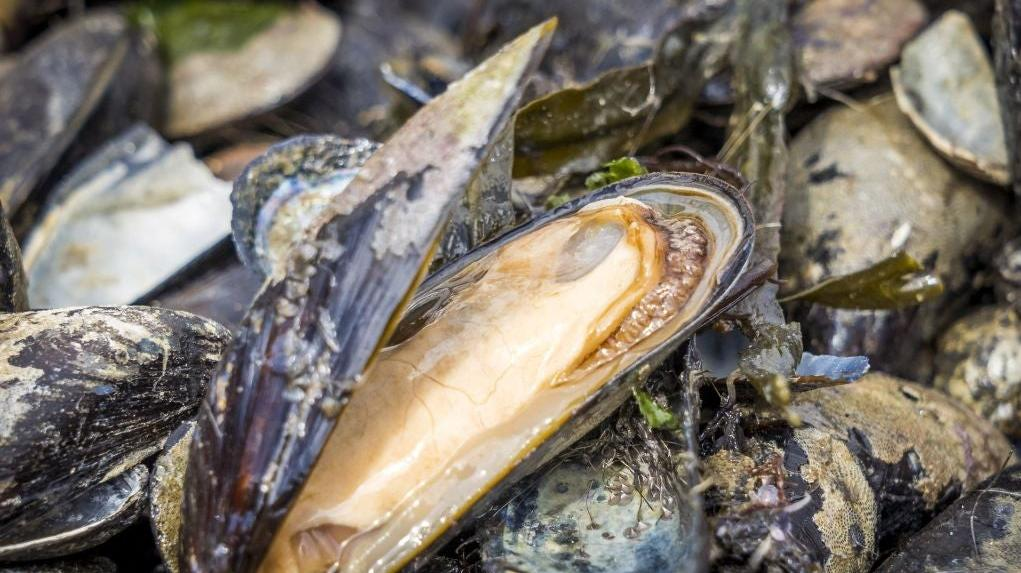Sick From Shellfish? The Pacific Northwest Heat Wave Could Be To Blame
At least 52 cases of vibriosis have been reported since last month's “heat dome.”
Earlier this month, we reported on an unexpected consequence of the Pacific Northwest's triple-digit late June temperatures: shellfish were quite literally cooking inside their shells. Now, shellfish farmers and consumers are concerned about an increase in Vibriosis, a shellfish-related illness. It's hard out here for a clam.
Seattle news station KING5 reported on the issue, citing at least 52 cases of vibriosis, a bacterial illness often contracted by eating contaminated shellfish. The symptoms, which can appear as soon as four hours after eating the affected shellfish, include abdominal cramps, diarrhea, fever, headache, nausea, and vomiting. Symptoms typically last for a few days, but severe cases can lead to complications and, occasionally, death.
In a statement, the Washington State Department of Health said that the current vibriosis outbreak has already set a new record for the state's highest number of cases during the month of July. The department suggests that the region's recent ultra-high temperatures may be to blame, along with low tides during the hottest part of the day. These factors expose shellfish to high heat with little relief, creating a veritable hotbed of bacteria. "Another effect of the recent heat wave is the perfect storm of conditions for Vibrio infections," Todd Phillips, the director of the Washington Office of Environmental Health and Safety, said in the statement. "It's important that when enjoying shellfish, we follow simple steps to stay healthy."
When in doubt, make sure to follow what the department calls 'The Three Cs." First, COOK all shellfish at at least 145 degrees for 15 seconds to kill any Vibrio bacteria. Next, CHECK the Department of Health's Shellfish Safety Map to stay abreast of contaminated areas. Finally, CHILL shellfish on ice or in the fridge as soon as you can. (That rule applies to both fresh-caught and purchased shellfish.) Climate change is coming for your mussels, people. Best prepare.
